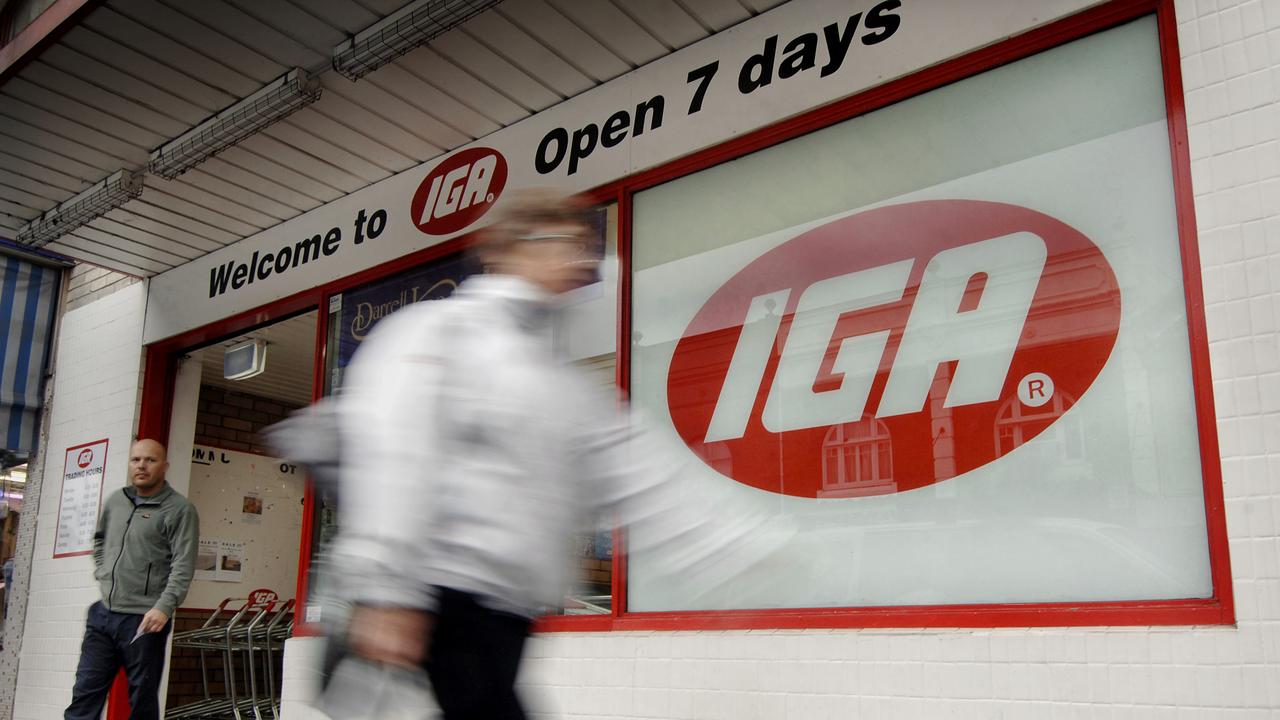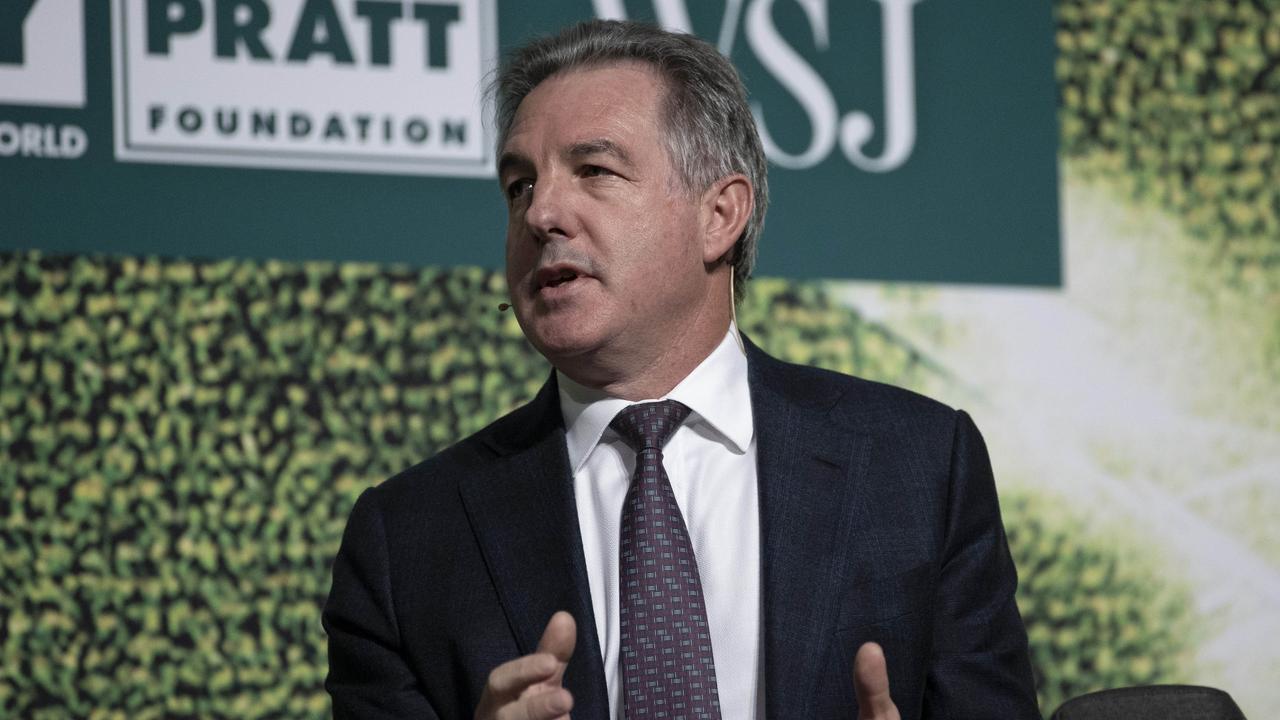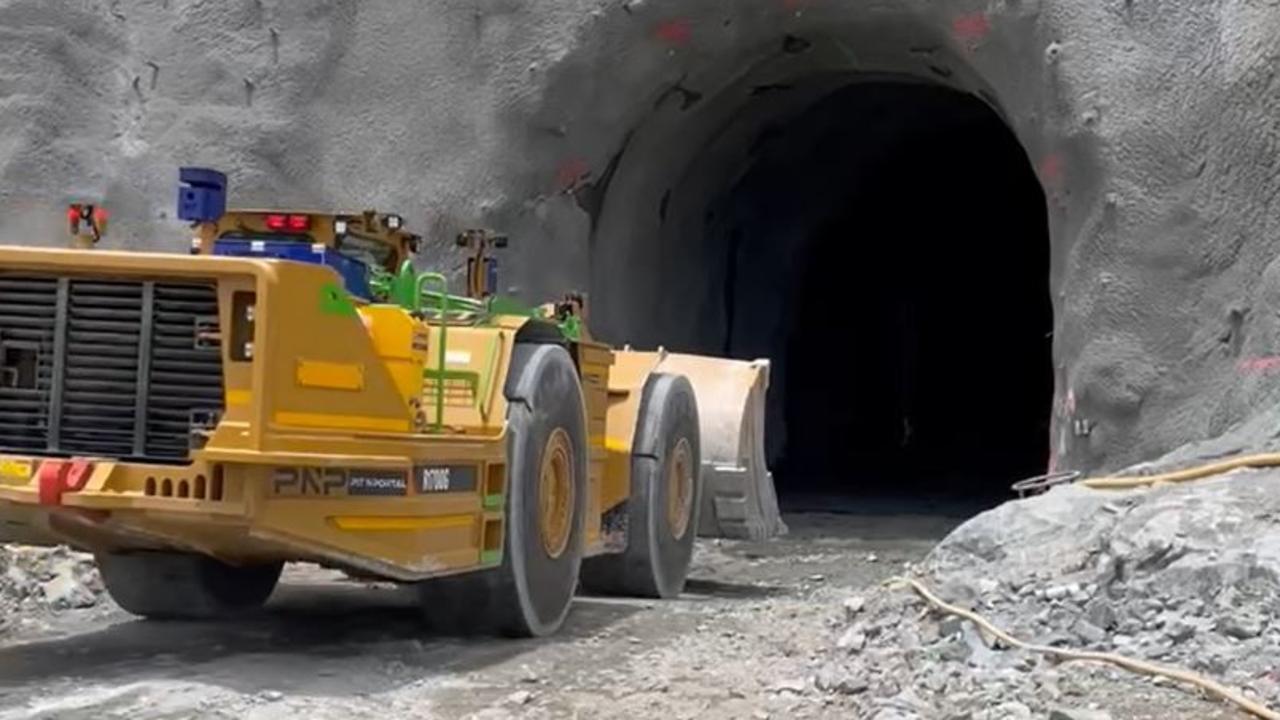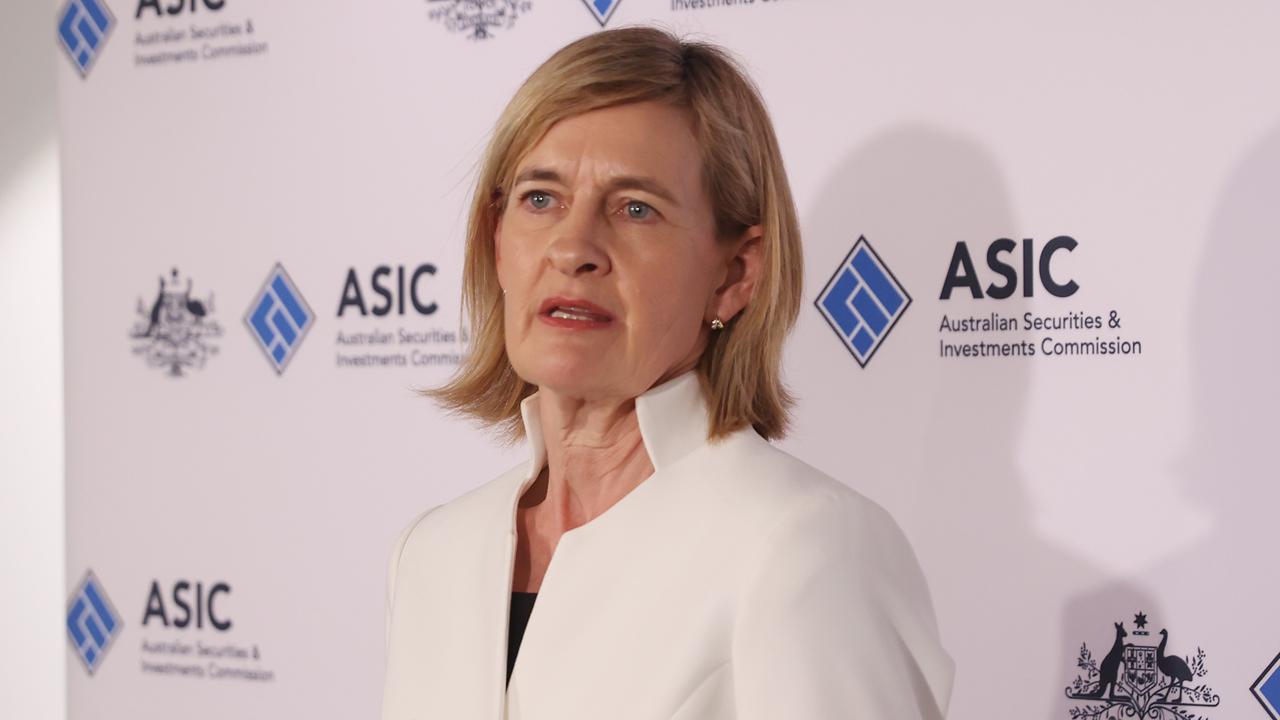Australia risks losing mining advantage, says BHP Australia boss Geraldine Slattery
The federal government’s ‘same job, same pay’ policy could increase BHP’s operating costs by up to $500m a year, warns the mining giant’s Australian boss Geraldine Slattery.
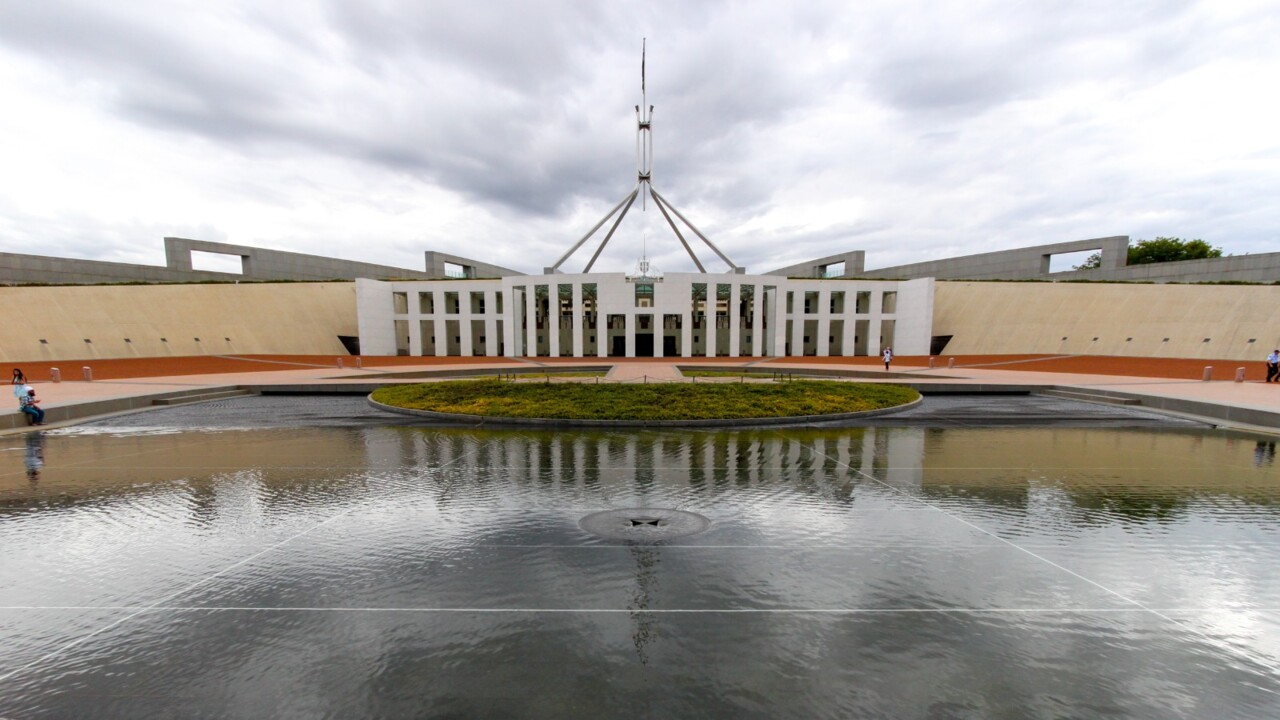
Business
Don't miss out on the headlines from Business. Followed categories will be added to My News.
The federal government’s new “same job, same pay” industrial relations policy could push up costs in BHP’s South Australian copper business by up to $200m a year, according to BHP Australia boss Geraldine Slattery, as the company again warns Australia is at risk of losing its competitive advantage ahead of the coming critical minerals boom.
BHP’s $9.6bn takeover of copper producer OZ minerals has put South Australia at the centre of its strategy to cash in on coming demand for “future facing minerals”, along with its WA nickel division.
However, speaking at an American Chamber of Commerce in Australia function in Melbourne on Thursday, Ms Slattery warned Australia risked giving up the competitive advantage the mining industry has built up over decades if more young Australians don’t look to mining for career opportunities, and if productivity does not return as the centrepiece of Australia’s industrial relations policy.
“The future won’t be gifted to Australia. It can only be achieved with deliberate effort, and the right choices,” she said.
“The talent pipeline is drying up. Nearly 50 per cent of the world’s skilled engineering workforce will reach retirement age over the next decade. At the other end of the pipeline, we see university enrolments dropping off as sentiment towards careers in mining declines.”
Despite the high wages on offer in the industry, the number of mining engineering graduates in Australia dropped by 74 per cent between 2015 and 2022, Ms Slattery said, compared to a 39 per cent drop in the US over the same period.
The coming boom in battery-making materials such as lithium and nickel – and those required for transmission infrastructure, such as copper and aluminium – has helped drive sentiment in mining companies over the last few years.
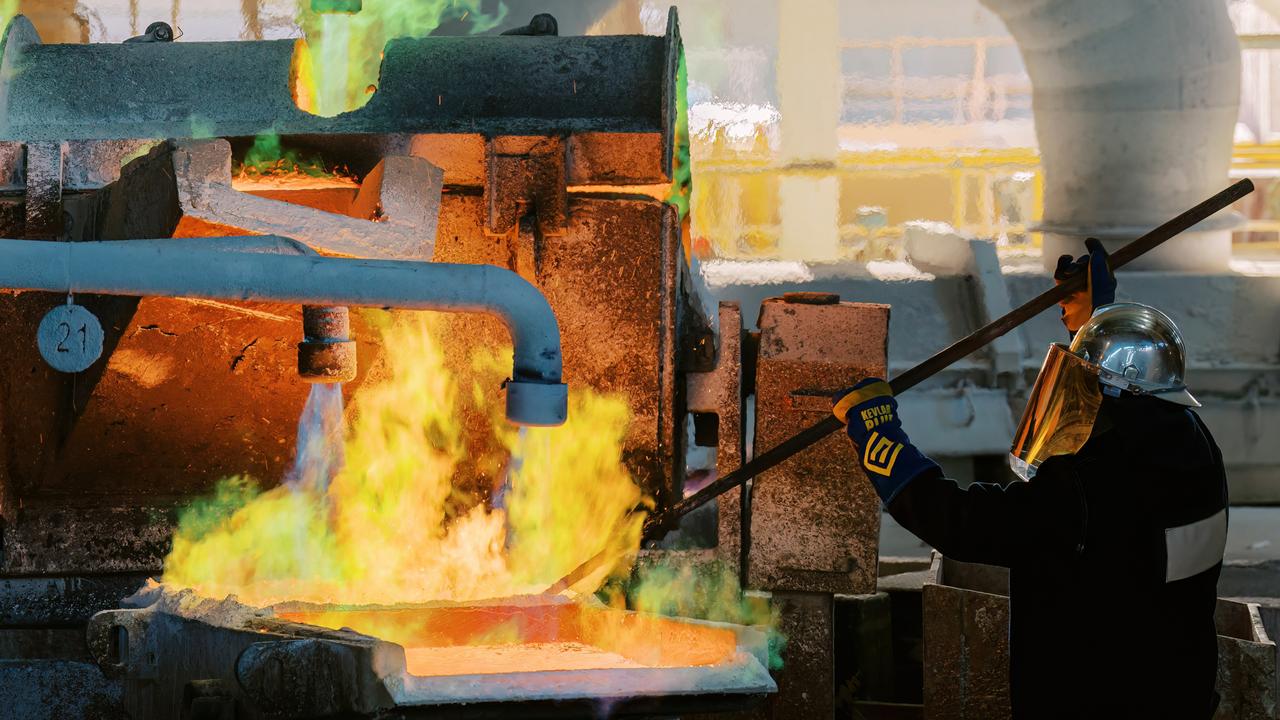
But while Australia still has vast reserves of those minerals, Ms Slattery said Australian copper and nickel deposits were more difficult and expensive to extract than those in competing nations such as Chile and Indonesia, and local policy settings will help decide the destination for investment dollars.
“Australia has significant copper resources, and the potential to be a significant copper player. The South Australia copper province is a case in point – with high grade deposits, but they are deep beneath the surface and require underground mining methods – this has the effect of smaller scale mines,” she said.
“In Chile, one of Australia’s key competitors, copper endowments are larger in scale, closer to the surface – allowing for open-pit mining methods. This translates to a higher cost-per-tonne to develop and operate copper mines in Australia, despite our high-grade endowment.”
Australia’s place in supplying growing demand for copper and nickel will ultimately depend on whether the cost of operating can stay competitive with other countries with more accessible deposits, Ms Slattery said.
“Labour productivity has declined by 8 per cent while labour costs have doubled. Clearly, this is not sustainable. Changes to industrial relations policies are of particular concern, and like many businesses we believe they will have a negative impact on Australia’s competitiveness and jobs,” she said.
The federal government’s coming “same job, same pay” legislation – still to be released in its full form – is largely seen as targeting the Queensland coal sector, where BHP has introduced its own internal contracting arm, Operational Services.
But Ms Slattery pointed to BHP’s investment in South Australia, where the company now runs a group of mines centred around its Olympic Dam underground operations – which now includes OZ Minerals Prominent Hill and Carrapateena copper mines – as a point of impact for the coming legislation.
“Based on the information we have available, we believe ‘same job, same pay’ could increase the operating costs of our existing operations by nearly $200m per year and maybe up to $500m in a worst-case scenario,” Ms Slattery said on Thursday.
“The hit to the value of any potential growth plans in South Australia could be anywhere up to $2bn and this would make it much harder for any South Australian investment case that has to compete with alternative options in other parts of the world.”
More Coverage
Originally published as Australia risks losing mining advantage, says BHP Australia boss Geraldine Slattery






